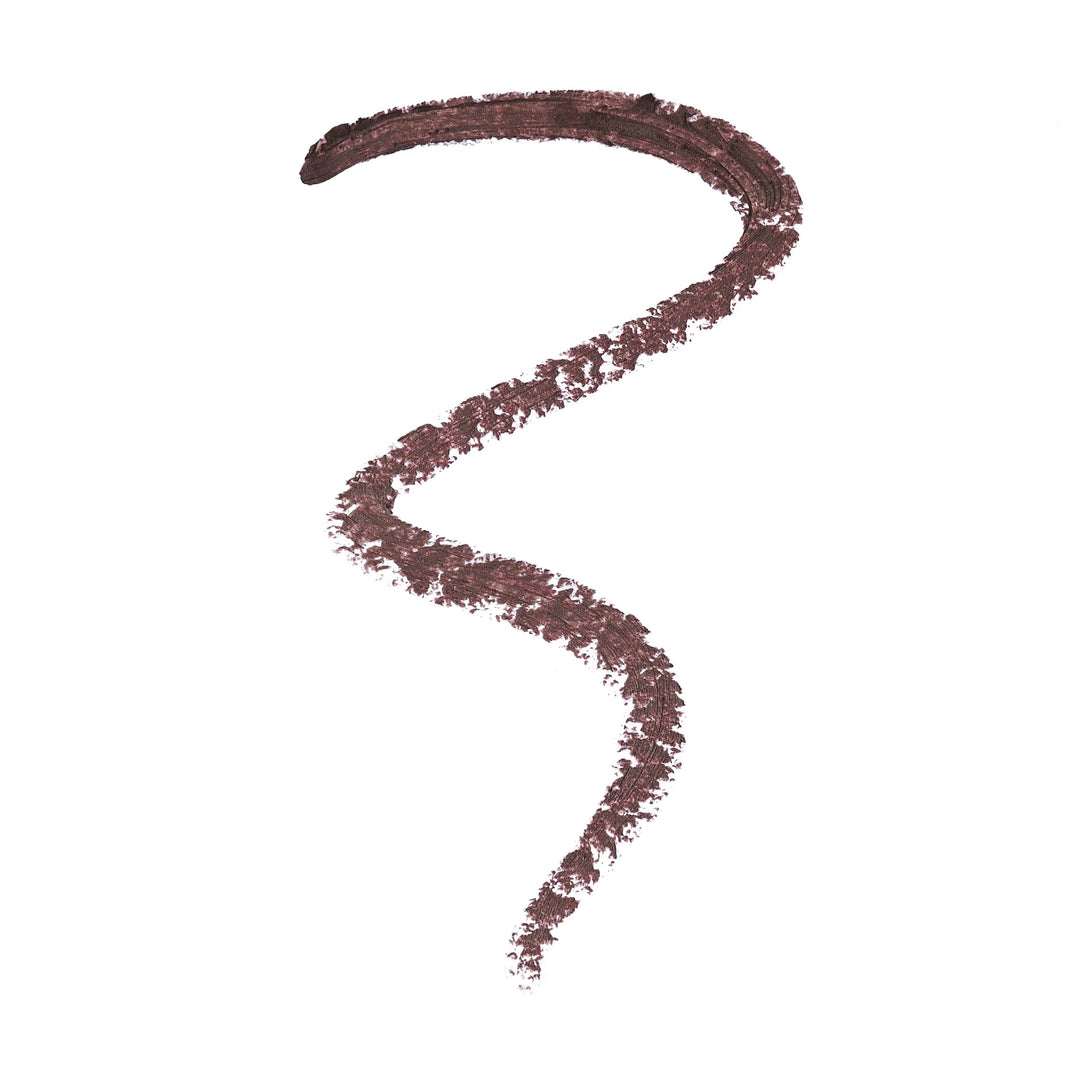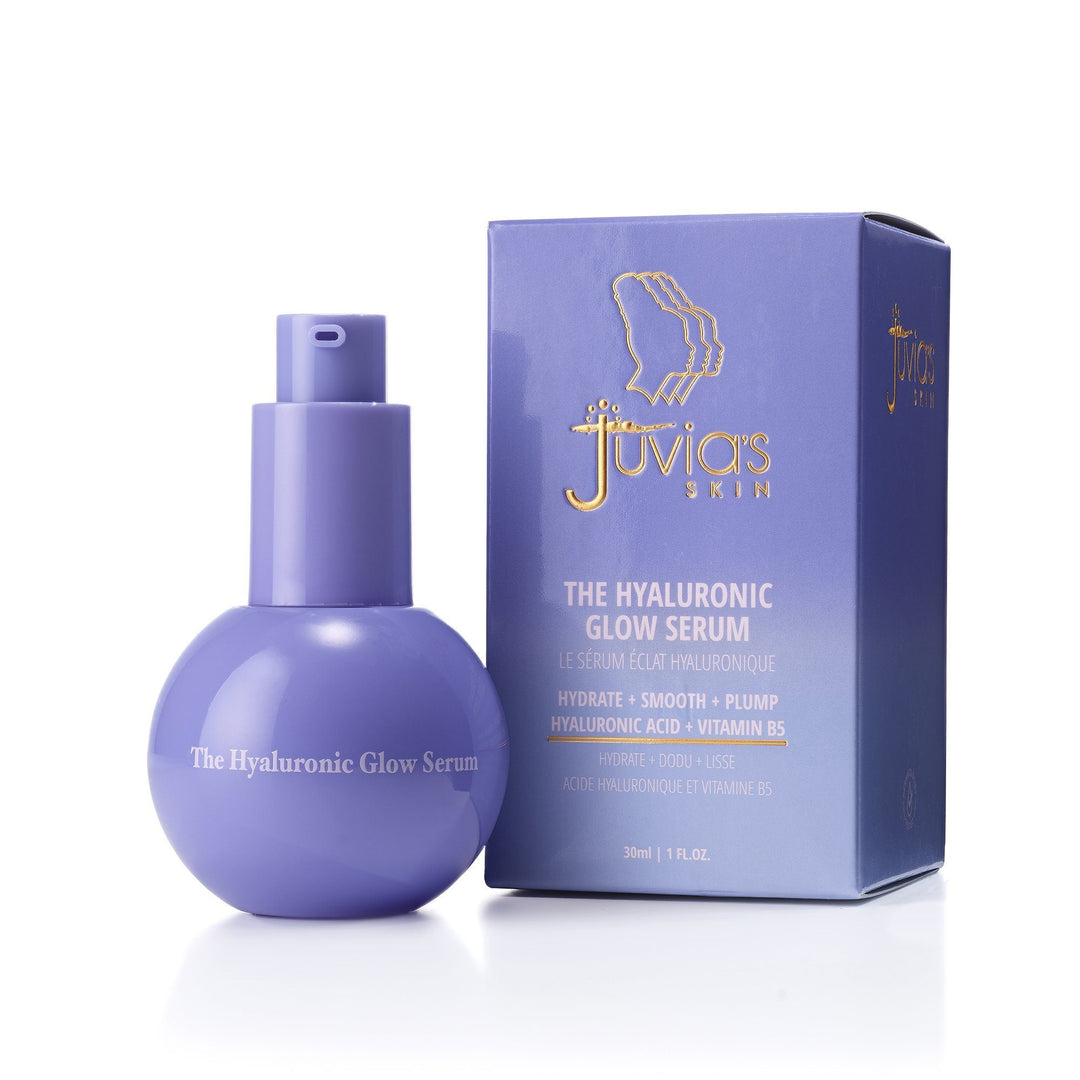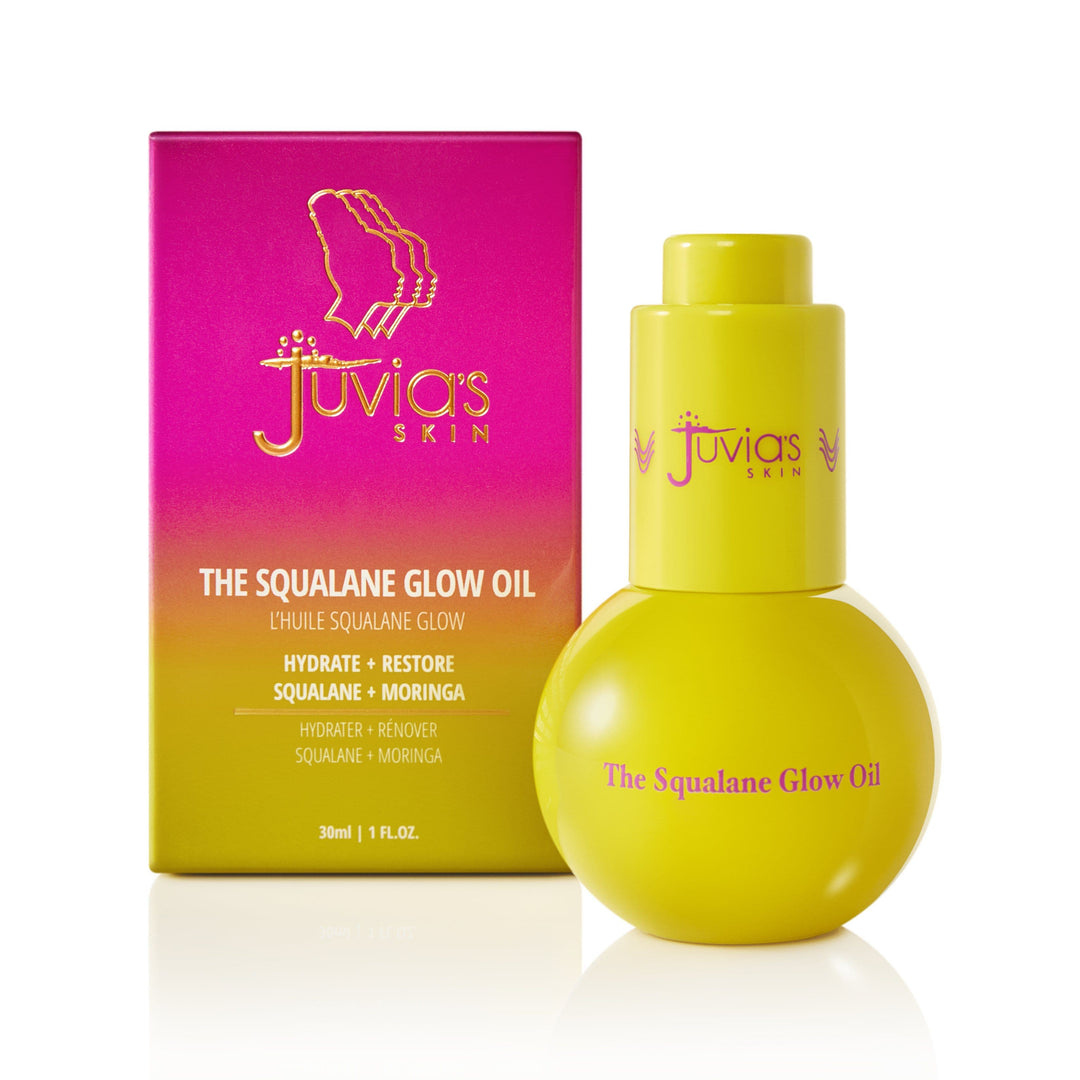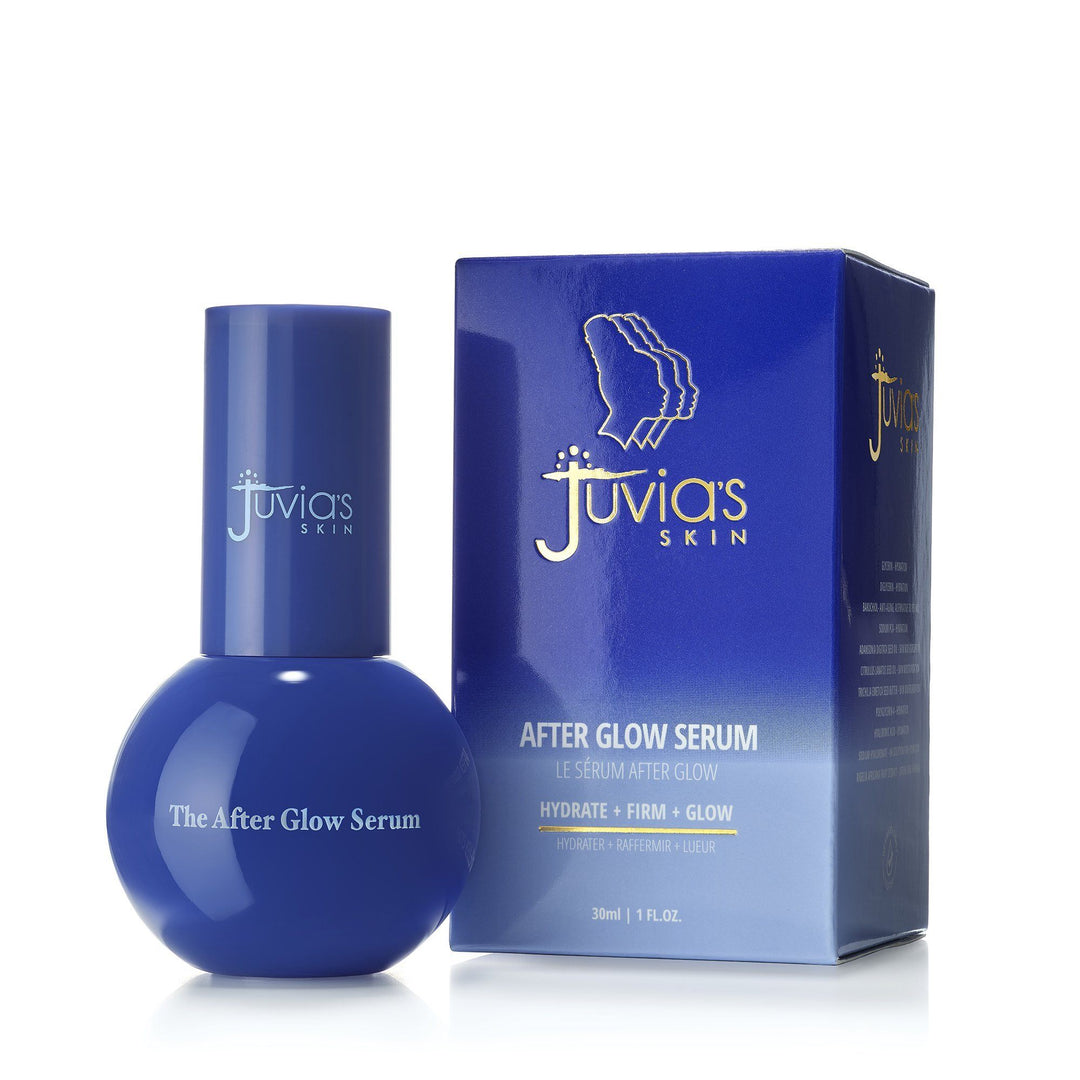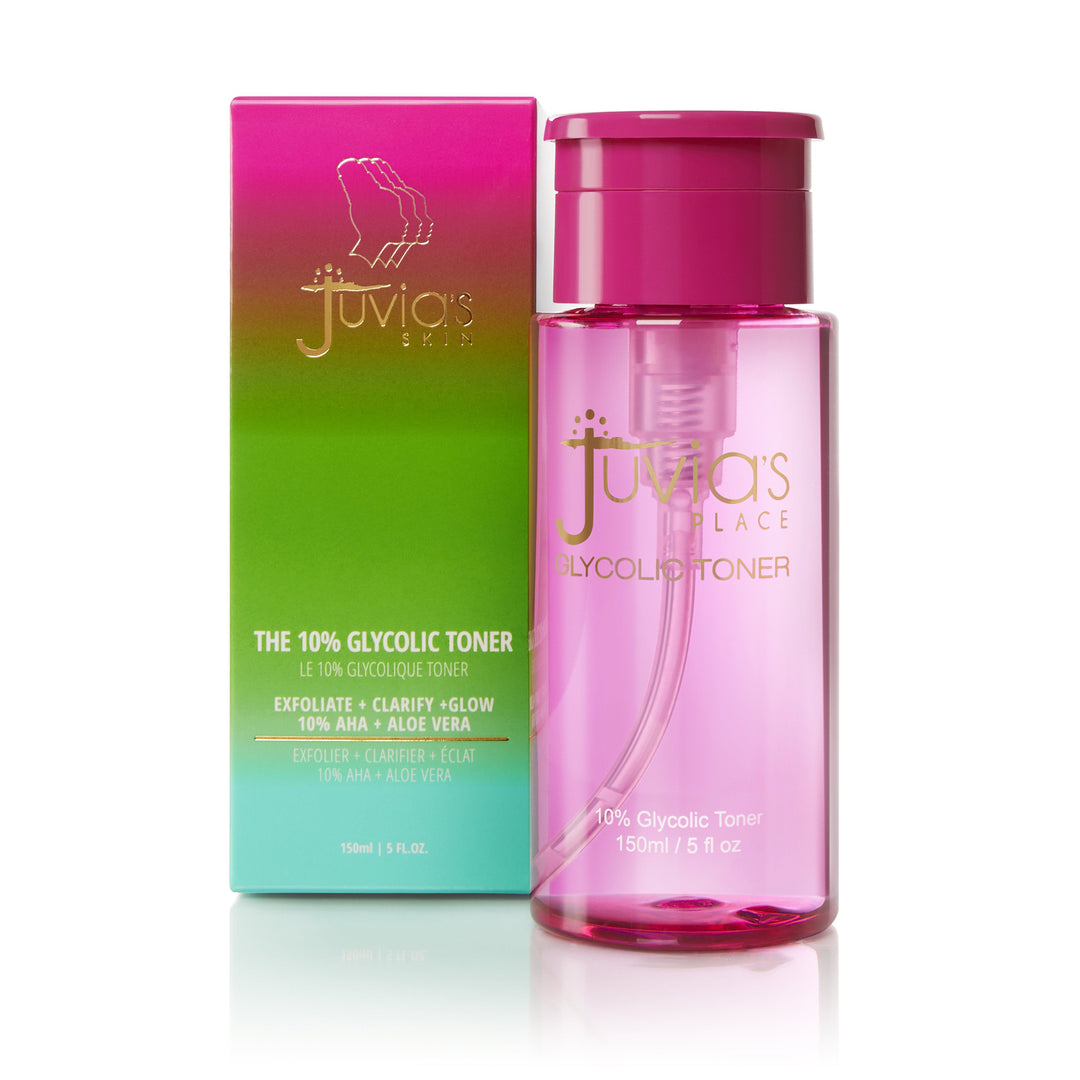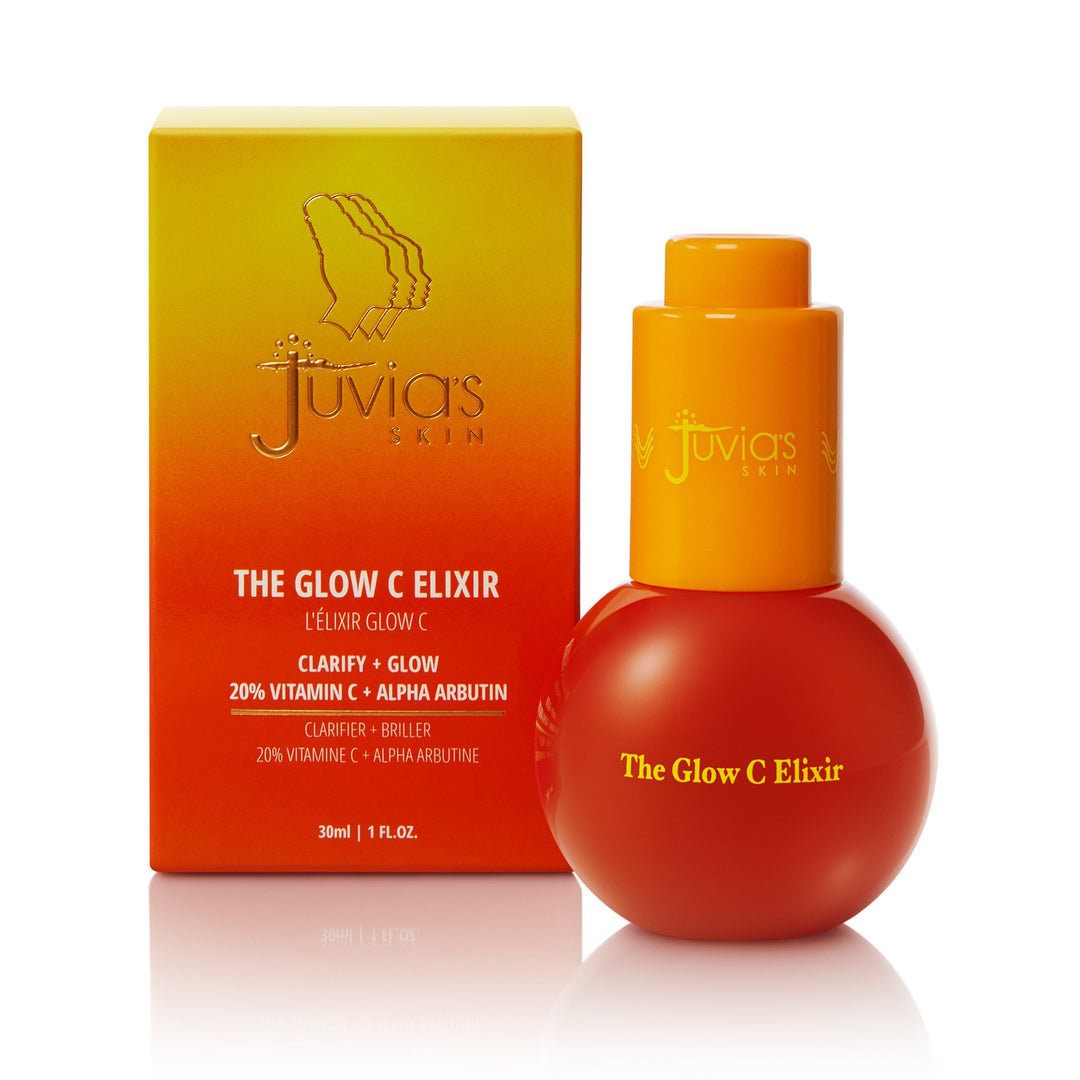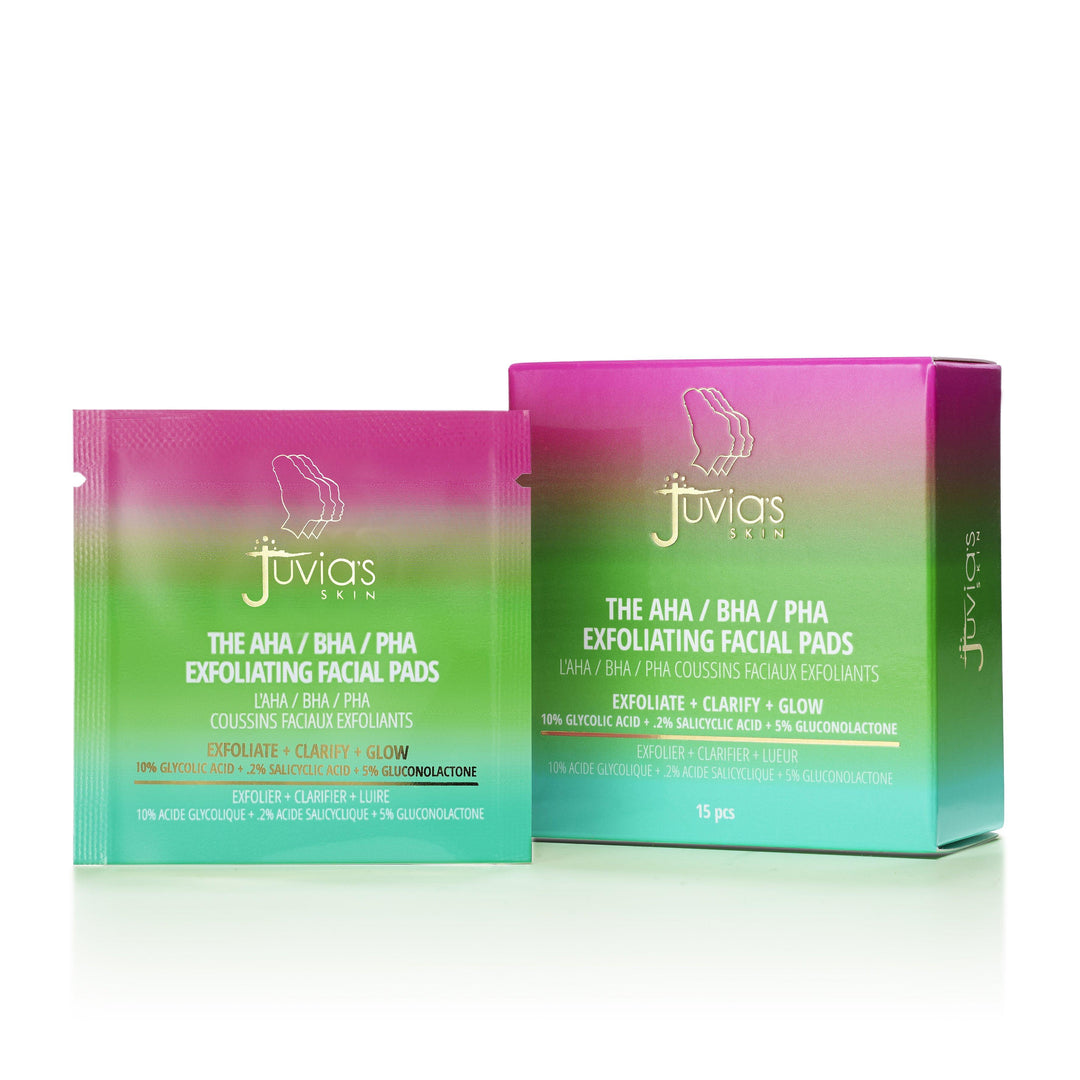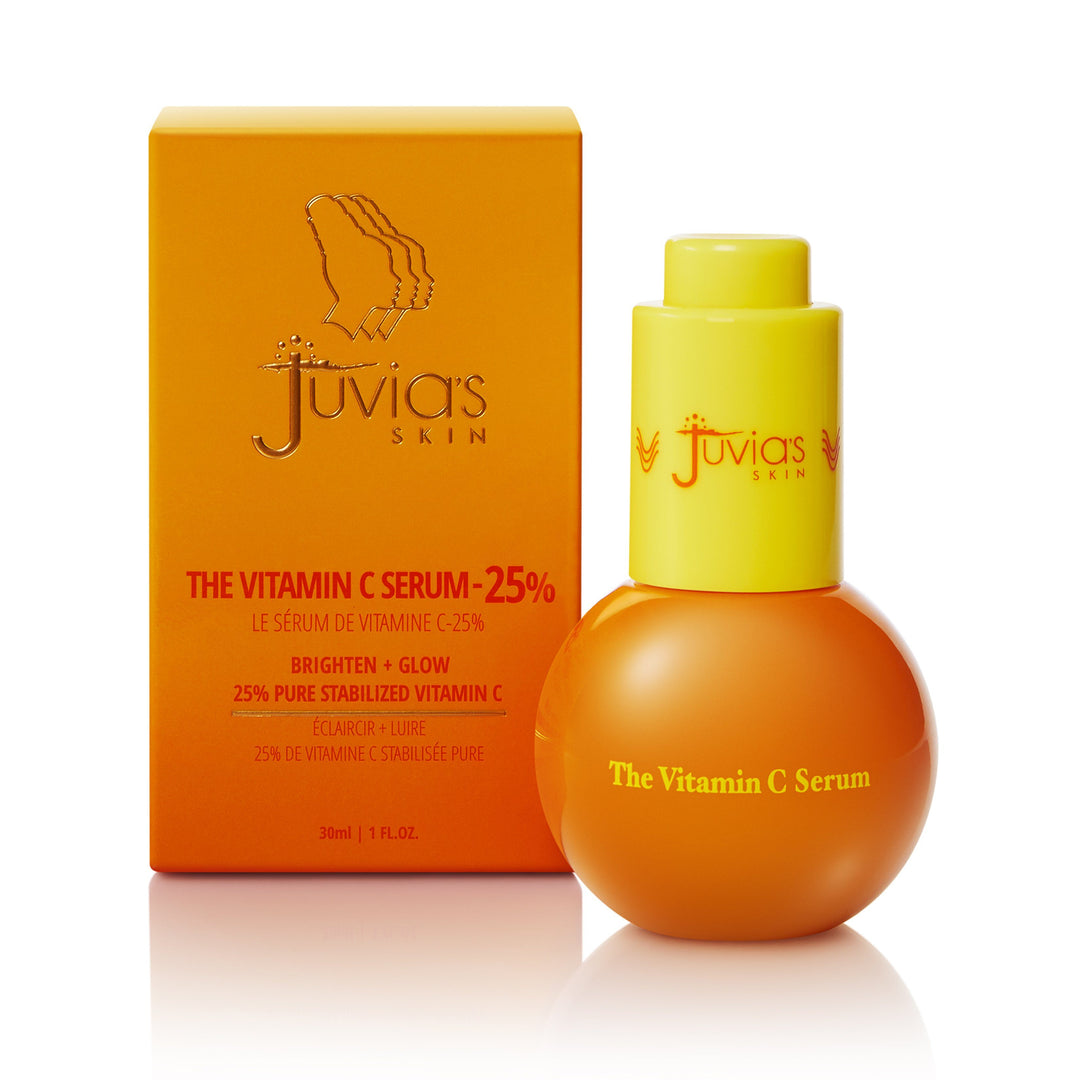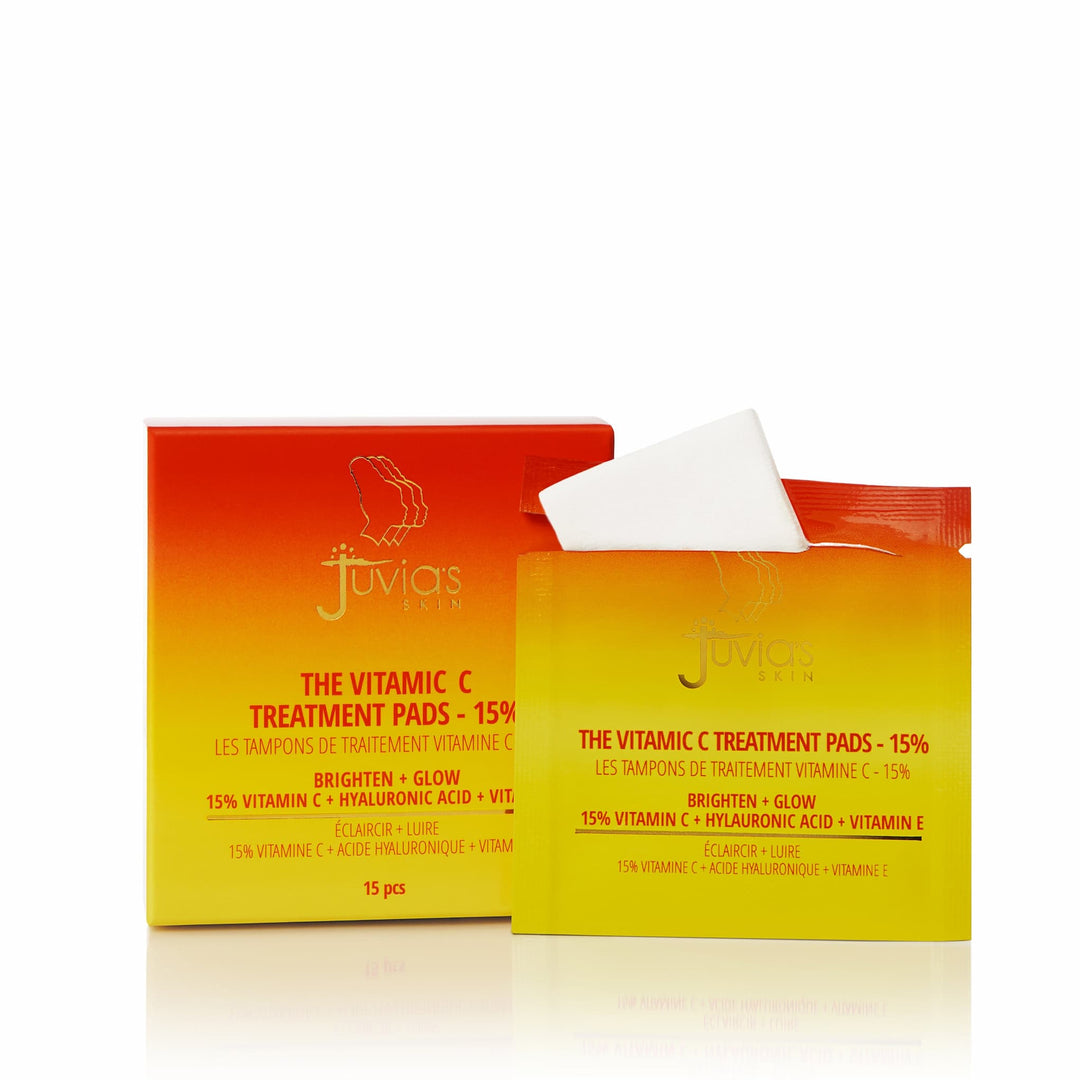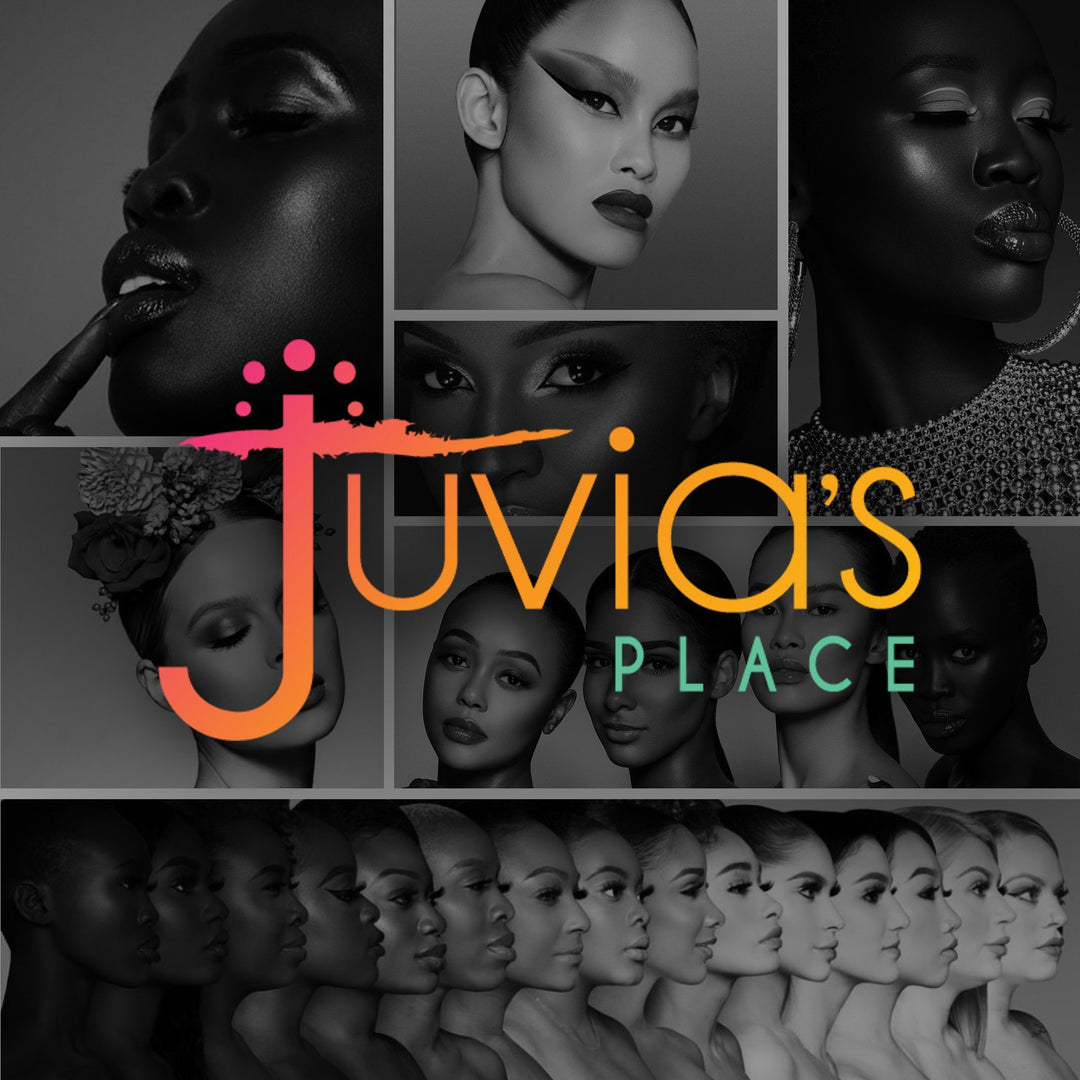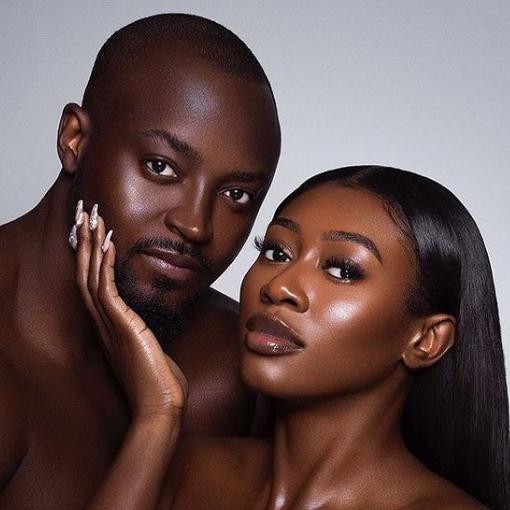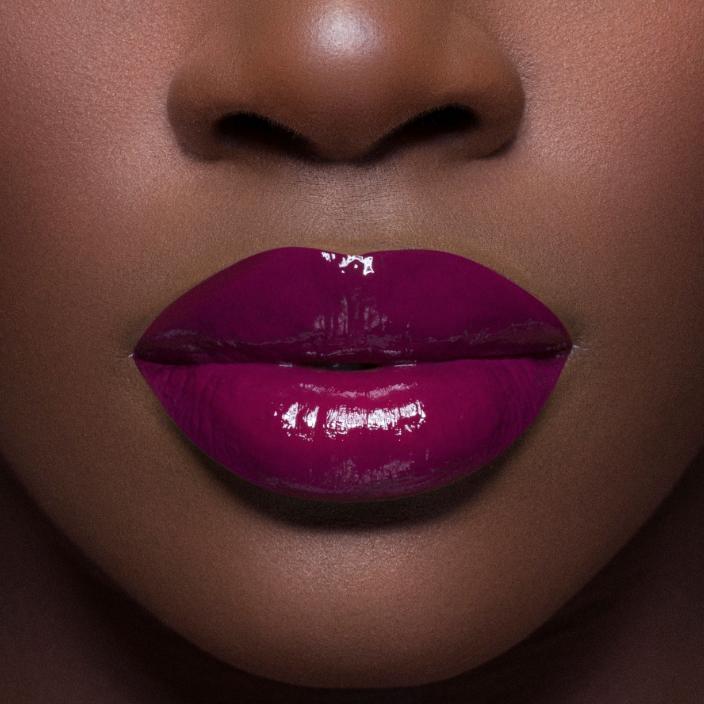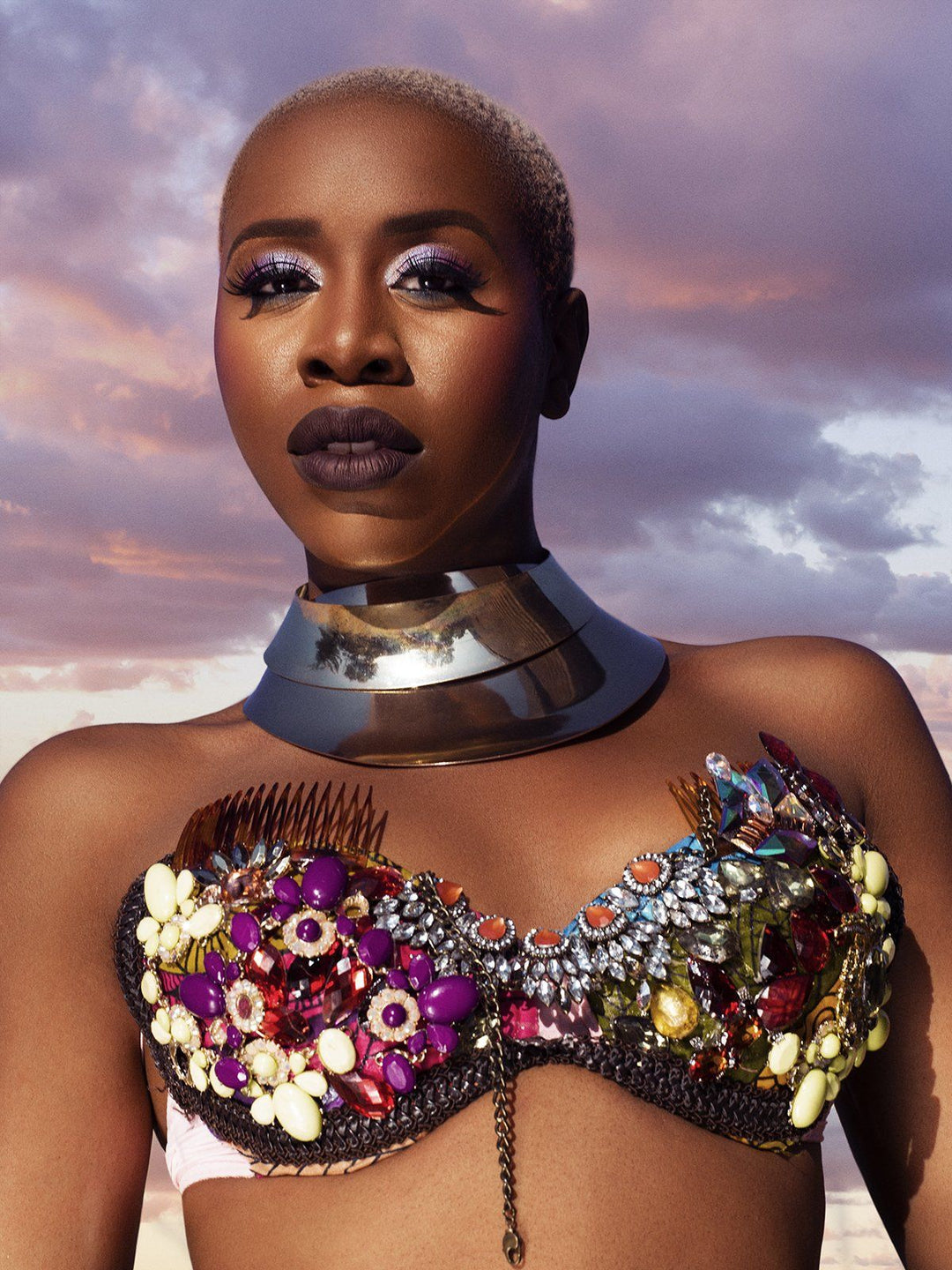
Necessity and inspiration spawned the creation of Juvia’s Place. Founder Chichi Eburu struggled to find makeup suited for her deep skin tone. What was available were muted colors, and products that didn’t enhance the true richness of her skin tone. She searched for years to find cosmetics that would enhance the dark hues of her skin tone without making her look lighter or grayer, makeup that offered colors that weren’t muted against her rich skin color. Eburu tried drugstore and higher end cosmetic brands alike, but all failed to live up to the challenge of inclusive beauty. The beauty industry, although supported by a diverse consumer base, did not find it necessary to truly offer products designed for that diverse group of consumers.
Even growing up in Nigeria, Eburu never saw black women featured prominently in beauty campaigns. Such exclusion only further exacerbated feelings of inadequacy in Eburu as an adult. How can one feel beautiful when the industry selling “beauty” doesn’t design products suited for you? She was an adult tugging at a sense of pride that was instilled in her by her mother, aunts and women of her community and nation, but finding that same sense of pride elusive in the very industry that claimed to have the solution for beauty. With maturity and self-reflection, she began to understand that her beauty was just fine, it was the industry that had the problem. She couldn’t rest knowing that others were doubting their beauty because makeup brands didn’t include their version of beauty in the conversation. Instead of settling or feeling defeated by the Western world’s exclusive beauty, she saw it as an opportunity.
She understood that the beauty industry was monolithic, and served to reinforce a standard of beauty that was propagated by racism and colonialism. Instead of tailoring products for the consumer, it expected consumers to tailor their beauty for their products. The industry was largely monopolized by a handful of beauty brands started and run by Caucasions who didn’t seem interested in understanding or marketing to a diverse beauty market. Eburu understood there was a market, a consumer waiting to be served. But she was unsure of how to reach those consumers against the mammoth marketing budgets of the top beauty companies. Eburu had the passion, but she had no capital. No trust fund from which to borrow from. No rich uncle to leave her millions. No angel investors. But she had something more important, she had passion, fire, and a deep belief that waiting wasn’t an option. She had to start somewhere and dive off the deep end. With just $2,000 and a dream, she launched her beauty company in a small two bedroom apartment, with two kids-- one flanked on each side.
Eburu started by selling makeup tools, it was the easiest way to enter the beauty industry and raise capital for her broader goal-- a desire to make makeup that looked gorgeous on dark, deep skin tones. As she continued to grow her beauty tools business, she fortified the vision board for Juvia’s Place. The board was inclusive and inspired by Africa-- Queens like Nefertiti and Cleopatra, and rebels and rulers of Africa that used makeup to not only accentuate their beauty, but to communicate status and creativity. African beauty is rich and historically didn’t suffer from the rigid barriers of beauty present in Western cosmetics brands. It offered the deep base and limitless creativity she needed to build a brand that could stand out amongst the beauty giants. She wanted to build a beauty brand that celebrated color-- the beautiful colors of the consumers, the rich colors of the eyeshadow palettes, the diverse shades of the foundation. “We are a colorful people. Our makeup should reflect the richness of our culture, our beauty, and our history.”
In 2016, she launched her signature makeup line “Juvia’s Place”-- named for her two children, son “Juwa” and daughter “Olivia.” The eyeshadow palette The Nubian, inspired by the beauty of Queen Nefertiti and featuring her likeness on the package, was the first makeup product to launch. The palette was almost a viral sensation overnight, and began to attract fanfare from all over the world. Women of all shades were attracted to the rich pigments offered in this eyeshadow palette. One after the other, Eburu launched new makeup products, with dark-skinned women in mind, but suited for people of all colors. The pigments are rich, the shades are varied to match women from light to dark. The line attracted makeup lovers, everyday makeup wearers and influencers alike, and Juvia’s Place quickly grew to become the world’s most beloved Black-owned makeup brands.
